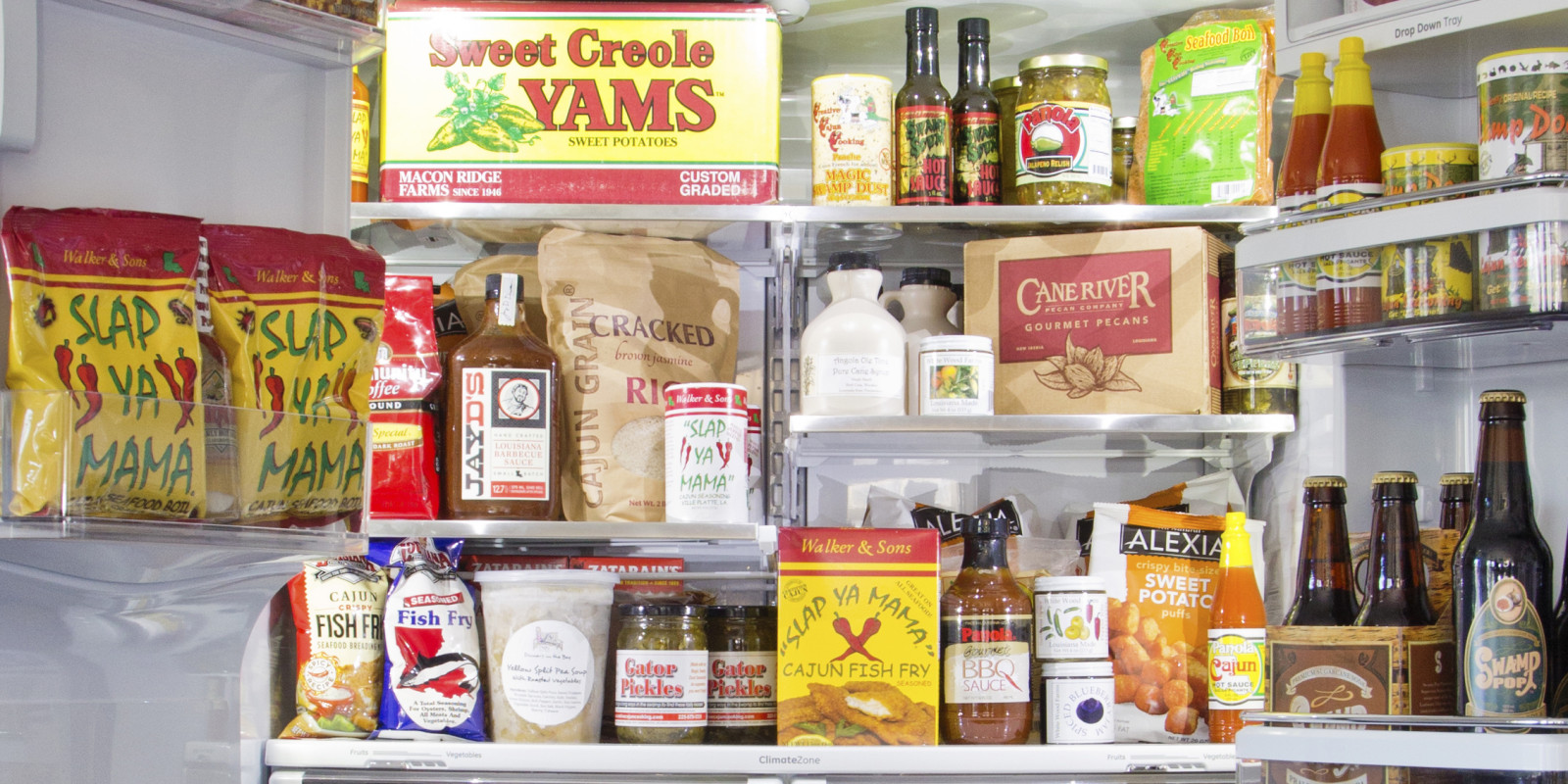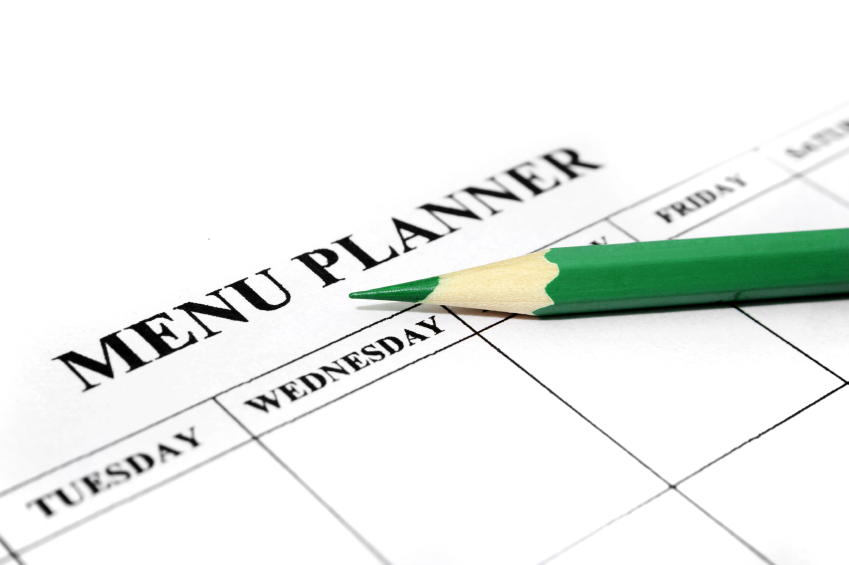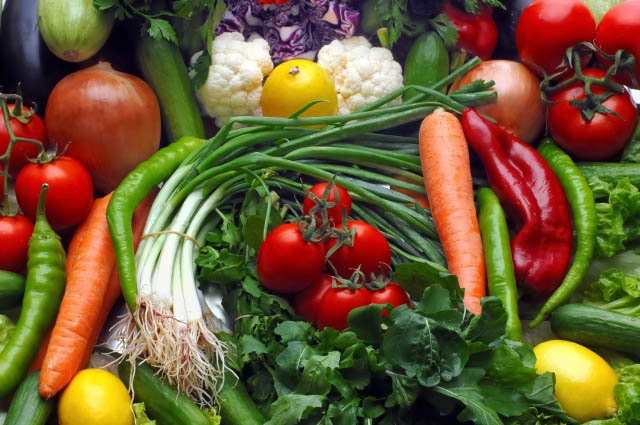Whether you have a large family or live alone, sooner or later you’ll be faced with an important question: is your grocery bill to big? We all try to provide our families with high quality food, but sometimes the food expenses become nearly inaffordable. This is where you need to stop and think about ways to lower your grocery expenses without compromising the quality and taste of the meals. Here are some tips that will definitely help!
Check your inventory
There are likely several places where you store food at home – a fridge or freezer, pantry, and other storage spaces. However, it can be difficult to keep an eye on the groceries at all times, which means you risk buying products that are already stored in your freezer or pantry. Avoid those extra expenses by doing a monthly check of your inventory and making use of the available groceries before buying new ones.
Plan your menu
A great way to keep yourself from buying too much food is to create a weekly menu plan and stick to it. You know everything about your family’s needs and tastes, so planning a delicious and healthy menu will be a piece of cake. Your weekly menu should not only include the basic three meals, but also snacks and treats, so that you could thoroughly plan your food budget without paying another hundred or thousand for candy or ice cream.
Use supermarket promos
Every modern supermarket or grocery store regularly holds promotions. They can be announced online, printed in a newspaper, or advertised inside the store. These promotions will help you save a large part of your grocery budget by offering you the same products you’re used to, but for a significantly lower price. You can even plan your menus based on the promotions in your nearby supermarket – for example, if they have huge discounts on beef, you can stock up your freezer with beef and cook it throughout the week.
Buy in-season produce
Fruits and vegetables are an essential component of our diets, but unless you grow your own produce, buying fresh veggies and fruits can cost you a lot. The solution here is to plan your produce purchases according to the season. For example, most fruits are cheaper during summer and early autumn, while late autumn is the perfect time to buy lots of fresh vegetables.
Make your shopping regular
Many people prefer to go shopping as often as they think about buying something – that is why supermarkets are usually at their busiest when people leave work. However, frequent visits to stores lead to lots of impractical or impulse purchases, which is never great for your budget. Instead you should shop once a week, preferably on weekends, after you’ve already planned your meals for the next week. If you have a large freezer and lots of storage space, you can also shop once a month and buy fresh vegetables, fruits, and dairy as you need them.
Go shopping alone
Every person that goes shopping with you increases the chances of impules buying and increased costs. This is especially true for children, who cannot go to a supermarket without asking for a new toy or sweet treat. For this reason, shopping is the most money-saving when you go alone. And make sure to grab a bit before going shopping, so that you won’t be tempted to buy more groceries than you actually need.
Find low prices on food with Jiji
















